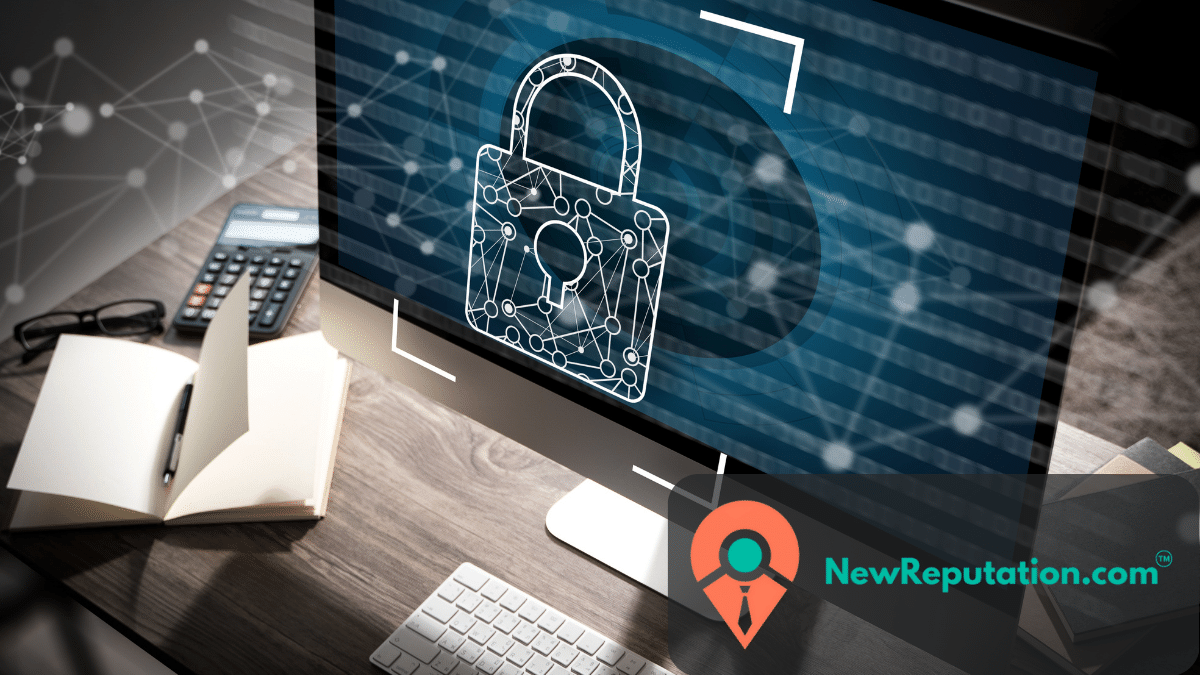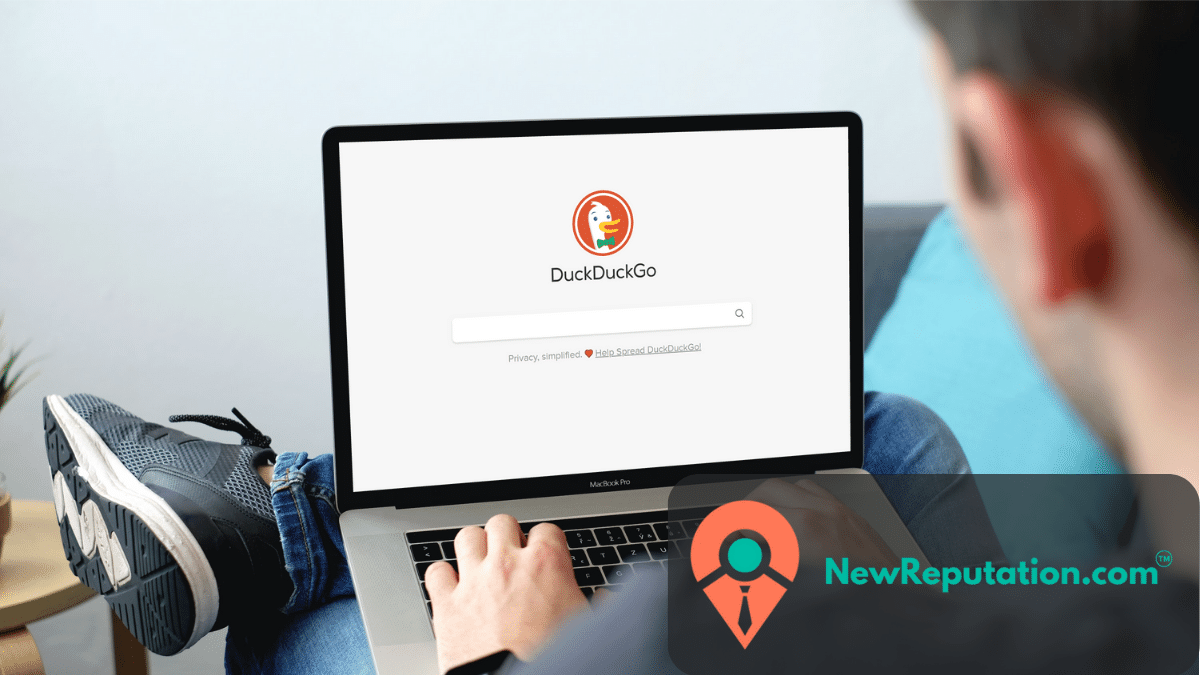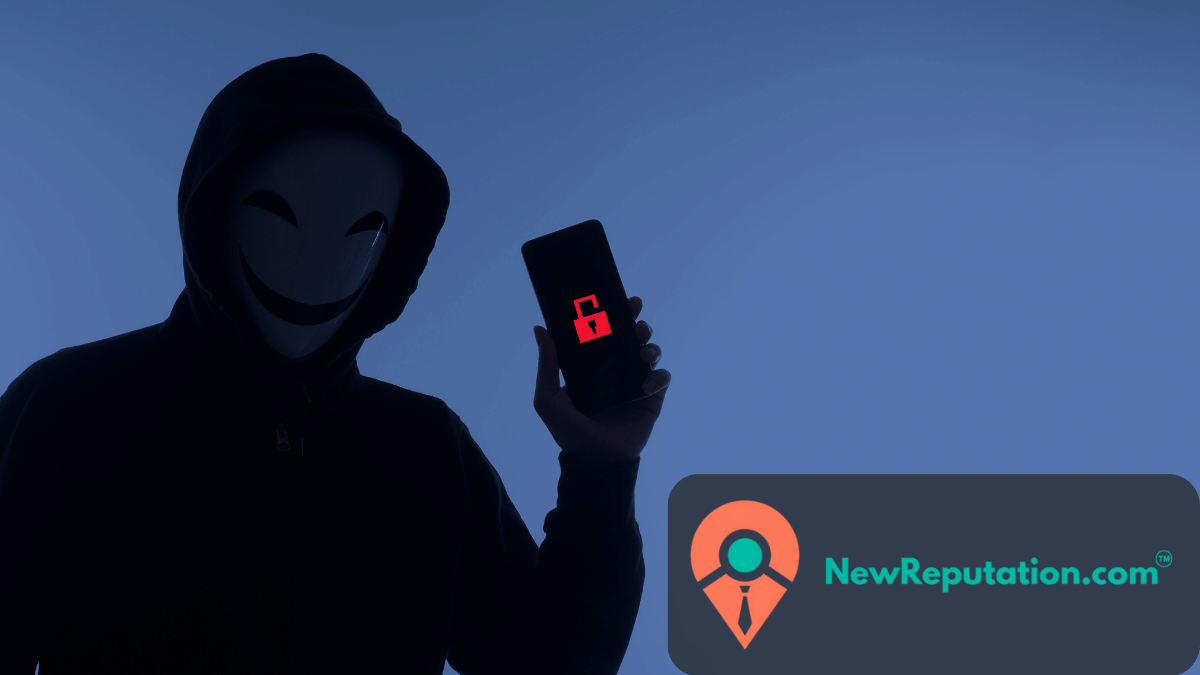The Best Reasons to Keep Your Personal Information Private Online
A growing share of Americans is expressing deep concern about how their personal information is shared online. While many seek legitimate opportunities, a subset seeks quick financial gains, often venturing into illegal territories.
Artificial Intelligence (AI) has changed the way we find information. The concerns about AI outweigh the excitement, especially when it comes to how our online privacy is affected. 53% of Americans say AI does more harm than good for people to keep their personal information private.
Let's discuss the best reasons you should keep your personal information private.
What Type of Information Should You Protect?
Before delving into the reasons for safeguarding your personal information online, it's essential to understand what information falls into this category. Personal information that should be protected includes:
Personally Identifiable Information (PII):
- Full name
- Date of birth
- Social Security number
- Driver's license number
- Passport number
- Financial account information (bank account numbers, credit card numbers, etc.)
Contact Information:
- Email addresses
- Phone numbers
- Physical addresses
Login Credentials:
- Usernames
- Passwords
Health Information:
- Medical records
- Health insurance details
Personal History and Preferences:
- Family information
- Personal photographs
- Hobbies and interests
- Personal opinions and beliefs
Best Reasons to Keep Your Information Private
1. Prevent Identity Theft
One of the most compelling reasons to keep your personal information private online is to prevent identity theft. When malicious individuals gain access to your PII, they can open fraudulent accounts, apply for credit in your name, and cause significant financial and emotional distress. Protecting your PII is essential for safeguarding your financial well-being and personal security.
2. Stop Spam Calling and Emails
Sharing your contact information, especially your email address and phone number, can lead to an inundation of spam emails and unsolicited phone calls. These unsolicited messages clutter your inbox and phone and expose you to phishing attempts and scams.
3. Avoid Social Media Scams
Social media is a treasure trove of personal information, and scammers often exploit it. One of the most popular scams involves collecting personal information from your Facebook and social media profiles. The scammer then solicits money from the victim using references to back their claims, which may include a fictitious debt or crisis. Keeping your social media profiles private can mitigate the risk of such scams.
4. Avoid Home Burglaries and Stalkers
Sharing your location data or inadvertently revealing your home address online can make you vulnerable to burglaries and stalking. Criminals can use online information to target your home when you're away, making your privacy an essential safeguard against physical threats.
5. Targeted advertising
Companies collect much data about us online and use it to target us with ads. This can be annoying at best and creepy at worst. Keeping your personal information private can make it harder for companies to track you and target you with ads. You can see our top VPNs to avoid targeted ads.
6. Social engineering attacks
Social engineering attacks are when criminals trick you into giving them your personal information or clicking on a malicious link. They can do this by sending fake emails, creating fake websites, or even pretending to be someone you know. Verizon’s 2023 DBIR found that 36% of all data breaches involved phishing. Keeping your personal information private makes it harder for criminals to succeed in these attacks.
7. Data breaches
Data breaches are happening increasingly, and they can expose your personal information to criminals. During the first quarter of 2023, more than six million data records were exposed worldwide through data breaches.
Keeping your personal information private can reduce the risk of exposing your information to a data breach.
8. Protect Your Employability
Many employers conduct online background checks on potential hires.
- A CareerBuilder survey found that 70% of employers use social media to screen candidates during the hiring process.
- 57% of those employers have found content that caused them not to hire a candidate.
Inappropriate or compromising content and information found online can harm your employability. Employers may view your online presence as a reflection of your professionalism and character. Keeping your personal life private ensures your online presence won't jeopardize your career prospects.
9. Protect Yourself from Future Threats
Even if you haven't experienced problems, safeguarding your data can prevent future threats and give you peace of mind. Proactive privacy measures reduce your vulnerability to data breaches and other online risks.
Contact NewReputation for Online Privacy Protection
There are compelling reasons to keep your personal information private online, from preventing identity theft to safeguarding your employability and physical safety. It's crucial to be mindful of the information you share and take steps to protect your digital privacy.
If you're concerned about your online reputation and privacy, consider contacting professionals like NewReputation, specializing in privacy protection.
Think of it as insurance for your reputation.
Share this
You May Also Like
These Related Stories

10 Things You Can Do To Protect Your Online Privacy

Removing Information from DuckDuckGo Search Results


